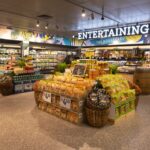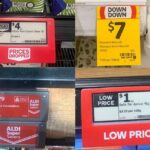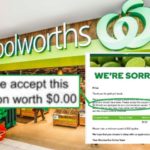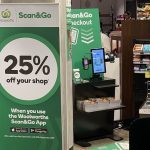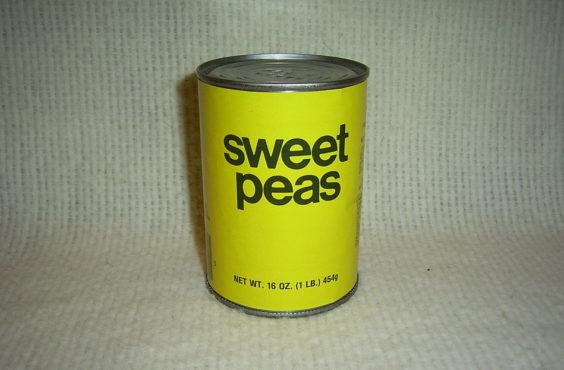
Remember when generic grocery products used to be – well, generic? Those stark labels with black, block letters that read “COLA” or “SOUP”, with stuff inside that wasn’t all that great, and it was a little embarrassing to buy? Somewhere along the line, they turned into “private-label products” and became acceptable, even trendy, to buy. But now these popular store-brand products may be in for a backlash.
Any good couponer will tell you that choosing cheaper store-brand products over their more expensive, brand-name equivalents is not necessarily the best way to save money. If you use manufacturer’s coupons when items are on sale, you often end up getting the brand names for less. But people who aren’t patient enough to collect coupons or wait for sales love their generics. A study released last month by the management consulting company Accenture found that 64% of the shoppers surveyed were likely to have their grocery carts at least half full of store brand products. 39% said they’ve been purchasing more store brands in recent years. An earlier study found that 86% of shoppers regularly buy private label products, with more than half of them saying it makes them feel “smart” and “savvy”.
So what’s the problem then? Well, we need to look overseas to see the first signs of a private-label backlash.
Australia is currently in a tizzy about private label products. The country is dominated by just two supermarket chains, Coles and Woolworths. And the two have apparently figured out that selling their own products is better for the bottom line than selling someone else’s. Coles now has five separate store-brand labels offering thousands of different products, and Woolworths has four. With so many store brands available, you might think there’s barely room on the shelves for the brand names. And that’s exactly what the backlash is all about. If the trend continues, says the Australian Food and Grocery Council, consumers will have less choice, as their favorite brand name products start disappearing. And manufacturers are accusing the grocery chains of squeezing out brand-name products, by making their own knockoff versions in China and selling them for much less.
Manufacturers are now “supplying what is essentially a competitor,” says an editorial in the Melbourne Review. “The growth in private label is building the dominant position of our supermarkets to the point where they can dictate where our food products come from and the terms on which they are delivered.”
Woolworths’ managing director denies making all of their store brands in China, and says the private label products take up far less space on the shelves than the critics claim. “We don’t have an ambition to grow our own brands,” he tells The Australian newspaper. “We just want to give customers more choice.”
Further afield in Vietnam, shoppers apparently aren’t too happy with that choice. “Consumers have turned their backs to the goods which bear supermarkets’ brands,” reads an awkwardly-translated article from the VietNamNet online newspaper. One shopper says she “has tasted bitterness when using these products.” Another “frankly said that the dearest is always the cheapest, and that he will never buy the products.” A final shopper says she doesn’t even like going to supermarkets anymore, because there are so few choices now.
So keep filling your carts with generics, America, and enjoy the savings. But if you wish you could save as much as shoppers in Australia or Vietnam – well, be careful what you wish for.

